Yes, it is legal to protest in Massachusetts. The right to peacefully assemble and express views is protected by both the Massachusetts Constitution and the First Amendment of the U.S. Constitution. However, there are important legal boundaries and practical considerations to keep in mind.
Legal Protections for Protesters
Constitutional Rights
Peaceful Assembly: Individuals have the right to gather, march, and demonstrate peacefully in public spaces such as streets, sidewalks, and parks.
Freedom of Speech: You have the right to express your views, including controversial or unpopular opinions. Restrictions based on the content of speech are generally prohibited unless the speech falls into unprotected categories (such as incitement to violence, true threats, or obscenity).
Permits and Legal Boundaries
Permit Requirements
Spontaneous Protests: No permit is needed for small gatherings or marches that do not block traffic or require street closures.
Organized or Large Events: For large rallies, parades, or events that require blocking streets, using amplified sound, or gathering in certain public parks, a permit may be required. Permit applications often need to be submitted several weeks in advance, but exceptions exist for spontaneous demonstrations in response to recent events.
Time, Place, and Manner Restrictions
Government Authority: Authorities can impose reasonable, non-discriminatory restrictions on the time, place, and manner of protests to ensure public safety and order. For example, police may require protesters to move to allow pedestrian or vehicle traffic to pass.
Private Property: Protests on private property require the owner’s consent. There are limited exceptions for large shopping malls regarding petitioning for elections, but generally, free speech rights do not apply on private property without permission.
Responsibilities and Potential Consequences
Peaceful Conduct
Protesters’ Responsibilities: Demonstrators must act peacefully and follow lawful police orders. Engaging in violence, destruction of property, or other illegal activities can result in arrest and legal consequences.
De-escalation: Understanding de-escalation tactics can help maintain a safe environment and reduce the risk of conflict.
Police Interaction
Dispersal Orders: Police may only order a protest to disperse if there is a clear and present danger of riot, disorder, interference with traffic, or other immediate threats to public safety. Officers must provide clear notice, sufficient time, and a safe exit path before making arrests.
Photography: You have the right to photograph or record in public spaces, including police activity, as long as you are lawfully present and not interfering with law enforcement.
Summary Table
| Right/Requirement | Details |
|---|---|
| Peaceful assembly | Protected by MA Constitution and First Amendment |
| Free speech | Protected, except for unprotected categories (incitement, threats, etc.) |
| Permit needed? | Only for large events, street closures, or amplified sound |
| Where to protest | Public spaces (streets, sidewalks, parks); private property with consent |
| Police orders | Must follow lawful orders; dispersal only for public safety threats |
| Photography | Allowed in public spaces |
Protesting is legal in Massachusetts, and your right to free speech and peaceful assembly is strongly protected.
However, you must follow permit requirements for certain events, respect private property rights, and conduct yourself peacefully. Understanding these rights and responsibilities helps ensure your protest is both impactful and lawful.
Sources:
- https://thefernandezfirm.com/demonstration-laws/
- https://www.aclu.org/know-your-rights/protesters-rights
- https://wbsm.com/massachusetts-free-speech-limits/
- http://www.rightsmatter.org/students/Protests.pdf

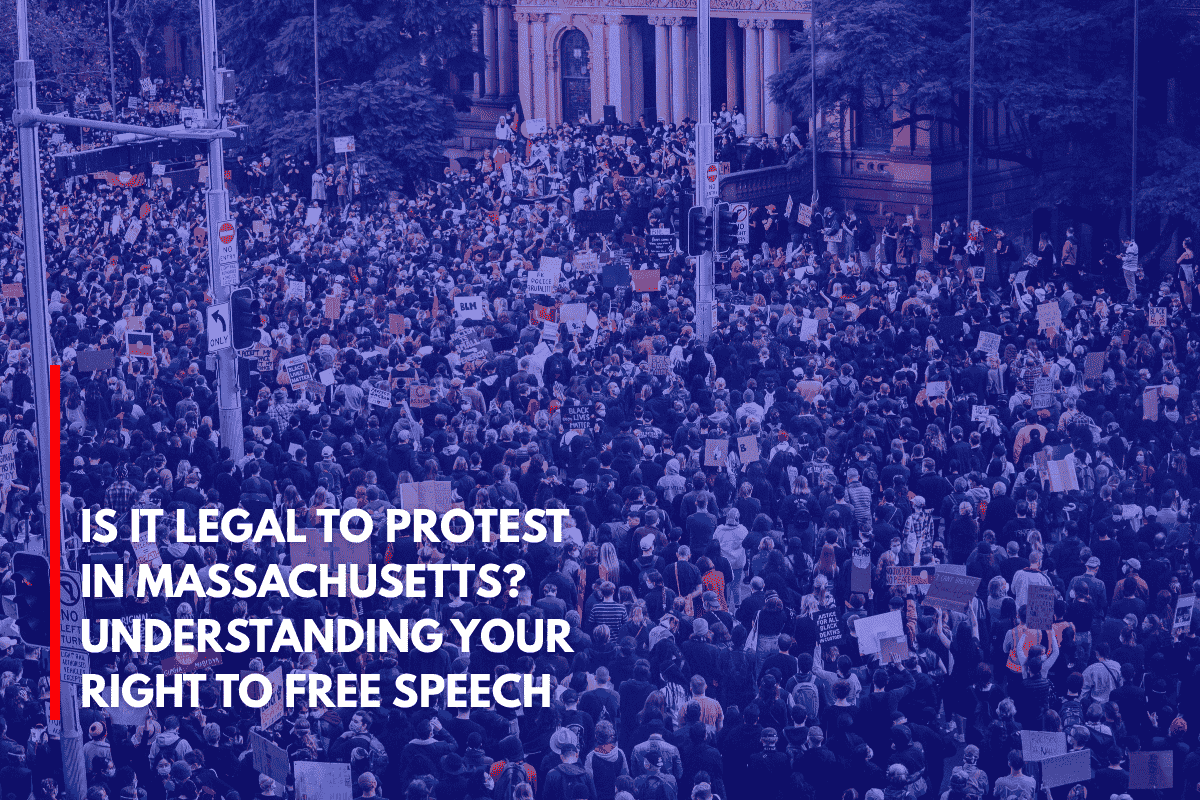
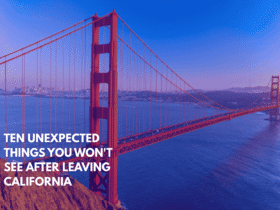
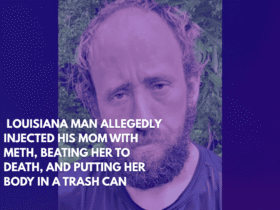
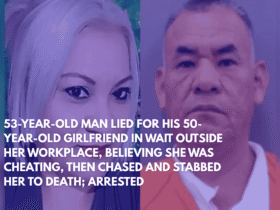
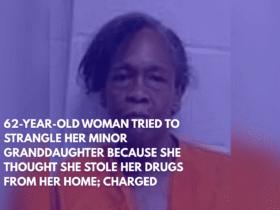
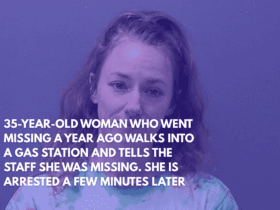
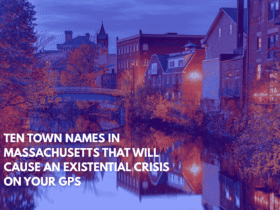
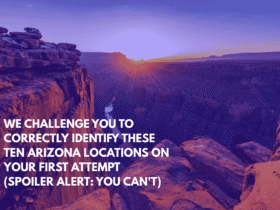
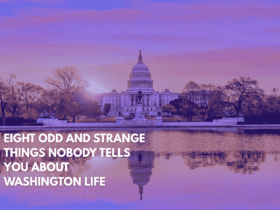
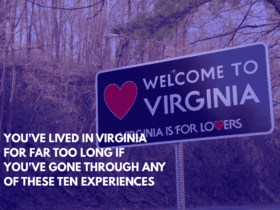
Leave a Reply